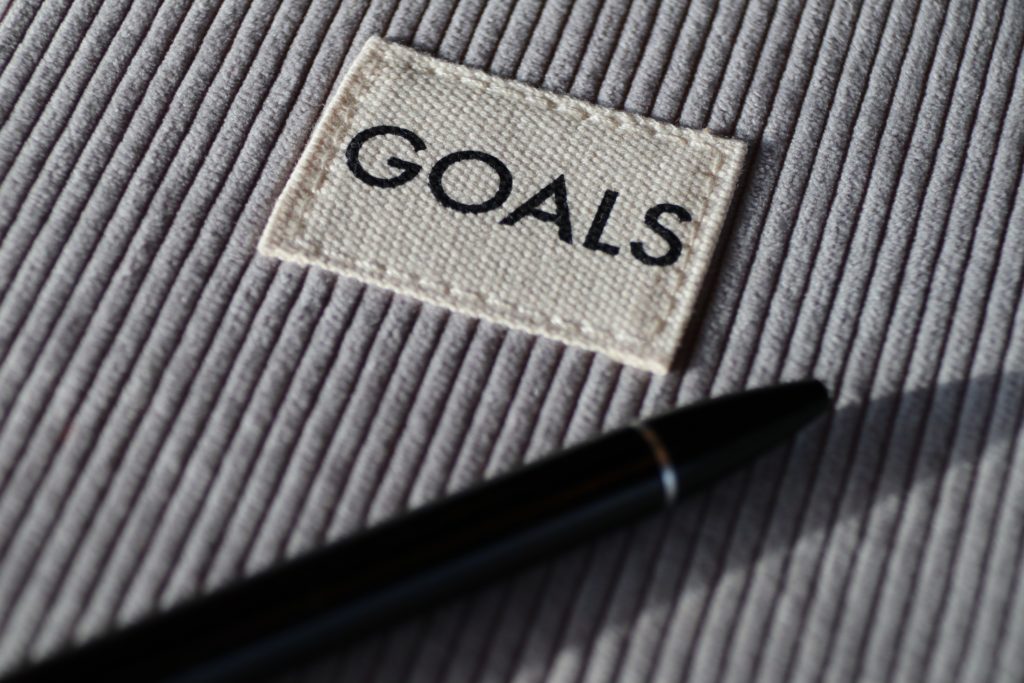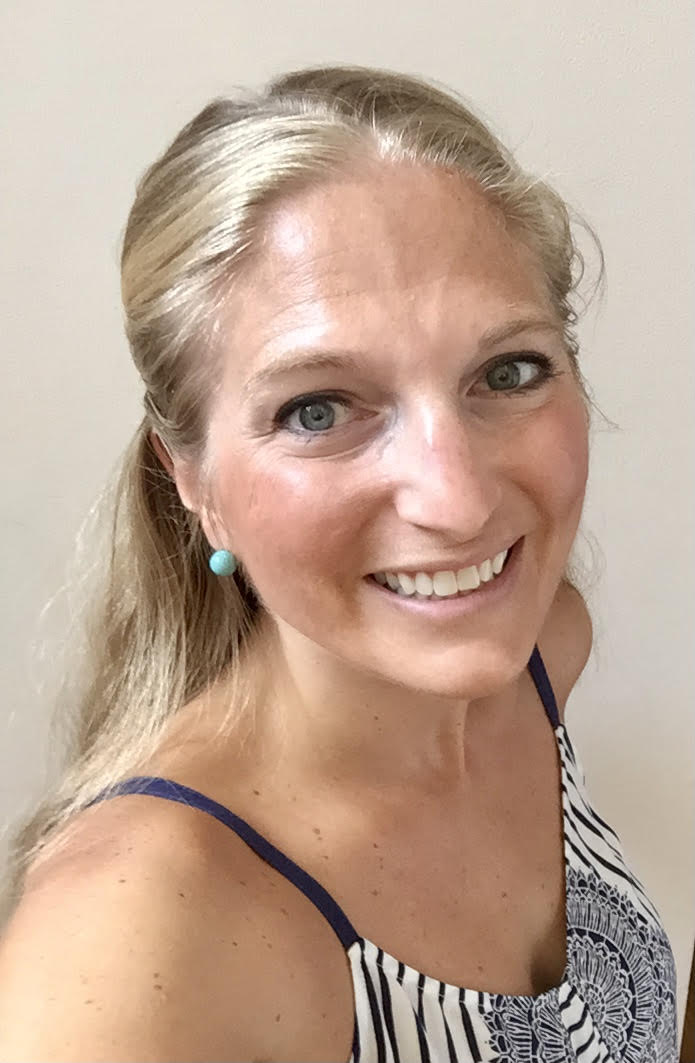What Happens If I Miss My Goals?

The new year is when many endurance athletes establish new goals. These new goals are developed to guide most athletes into the new year with strong intention and focus. Perhaps the goals are related to training for an endurance event, focusing on health, or increasing physical activity levels. We all want to achieve our goals but we also ask ourselves, what happens if I miss my goals?
Many endurance athletes have taken part in goal setting prior to the new year, focusing on specific elements related to sport and events.
Examples include:
- Achieving a PR in one particular event
- Qualifying for a specific race
- Completing a certain race or event
No matter the athlete’s experience level or when they started setting goals, it is essential to understand the design of goal setting. The best way to do this is to visualize a staircase composed of long-term and short-term goals and action steps. At the top of the staircase is the long-term goal (an outcome goal) to be achieved over a few months. Each step leading up to the top step represents a short-term goal (a performance goal). Short-term goals could be anywhere from a week in length to a month, depending on the length of time designated to reach the long-term goal. Within each short-term goal step, daily action steps (a process goal) help an athlete climb to the next step of the staircase, progressing closer to the long-term goal.
What Happens If I Miss My Goals?
Regardless of how experienced an athlete might be at goal setting or how much passion and desire the athlete has, it is essential to realize that challenges and obstacles might occur along the way. For example, some might be minor hiccups, and others might be more significant issues. For example, a runner training for a marathon might experience an injury two months out from the marathon, taking them away from running in the event. Or, an athlete could have had a specific time goal they wanted to reach in an event and missed it.
When this occurs, consider the following:
Recognize It Happens To Every Athlete
Missing goals can be extremely frustrating and lead athletes to question their worth, abilities, and outlook for the future. No athlete is alone! Coming short of reaching goals actually is the perfect time to grow and develop. Athletes should take this time to shift from viewing the element in front of them as a threat and instead see it as an opportunity to challenge themselves.
Reach Out To Support Systems!
Get in touch with friends, family, coaches, and fellow athletes, especially those that have experienced similar setbacks. Share emotions and thoughts with those who trust and respect the athlete. Remember….we are all human! Connection is a significant component that can help ease the mind and mental approach when restructuring future goals.
Understand What Was Learned
It can feel like a punch to the gut when falling short of achieving a goal. Initially, it might be challenging to understand the lesson, but it will assist in reshaping the future. Spend time sitting in the emotions, thoughts, and feelings as they are a part of the athlete, but not what defines the athlete. When the athlete is ready to move forward, it will happen!
Time For Regrowth.
Reset and refocus on what is ahead. Spend time revisiting the drive behind the initial goal and restructure for the future! Continue to structure goals utilizing the staircase visualization and recognize the opportunity each day provides to fulfill action steps and come one step closer to achieving that long-term, outcome goal!
Every day endurance athletes have the opportunity to learn more about themselves in the quest to achieve goals! Sometimes the process will seem effortless, and other times the process will be downright challenging. It is important to remember that the goals established are there to help with driving intrinsic motivation. Setbacks are natural, and when an athlete comes short of reaching that desired goal, they might surprise themselves and surpass it in the near future. Allow the mind and emotions time to heal after missing and when ready keep pushing forward towards restructuring and fine tuning the next goal!

JoAnne Bullard is a Doctor of Sport and Performance Psychology and a Certified Mental Performance Consultant through the Association for Applied Sport Psychology. She is also a Certified Strength and Conditioning Specialist through the National Strength and Conditioning Association.
She serves as a tenured Associate Professor at Rowan University and is the owner of Absolute Fitness, LLC. Her goal is to provide a holistically applied approach for clients through performance psychology consulting. She has experience working with athletes of all ages, including endurance athletes, in individual and group sessions. Her research areas include mindfulness, performance anxiety, goal setting, coping strategies, and mental well-being of athletes.
She has completed five marathons, numerous half-marathons, and is always looking for her next race.









